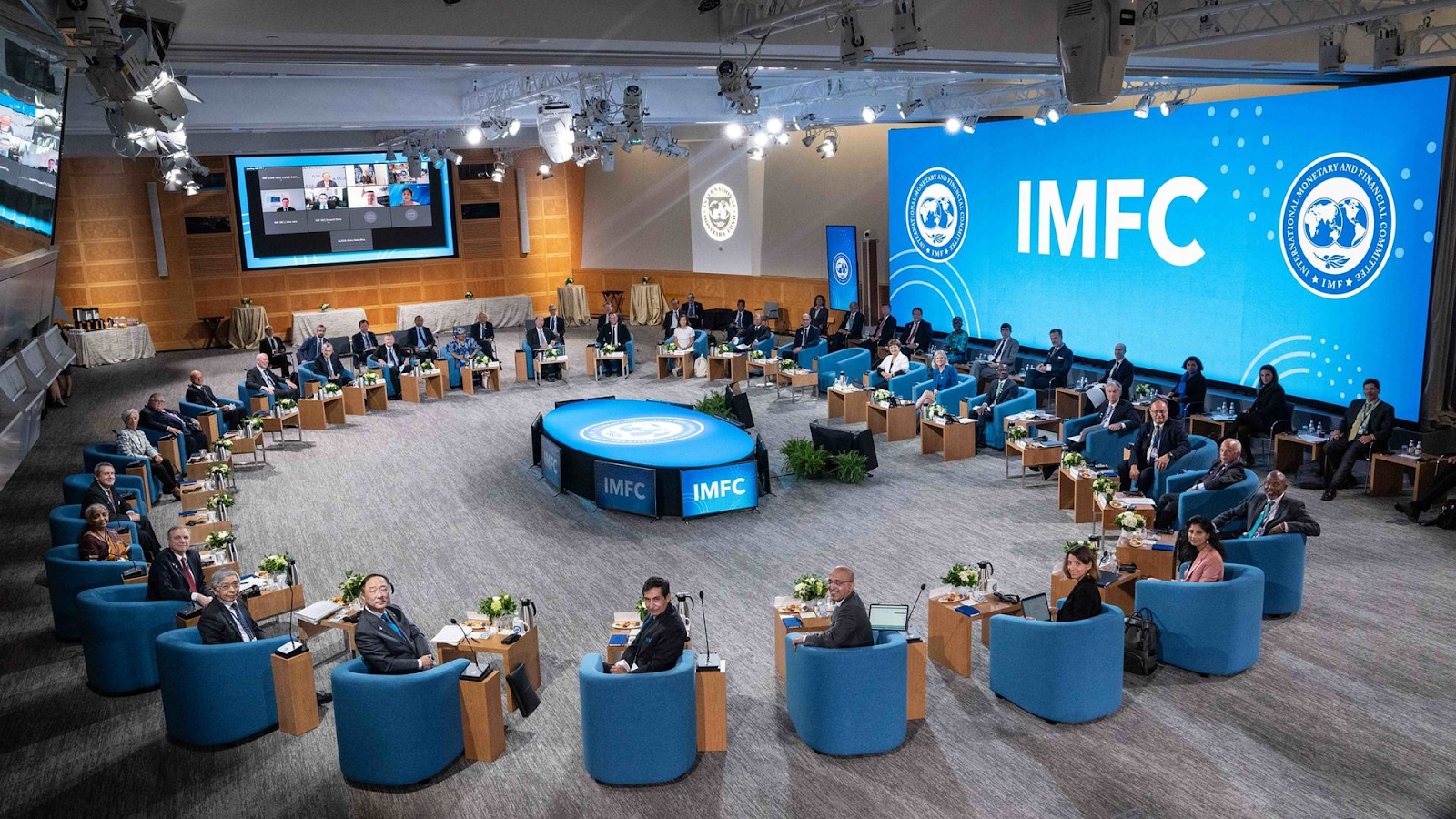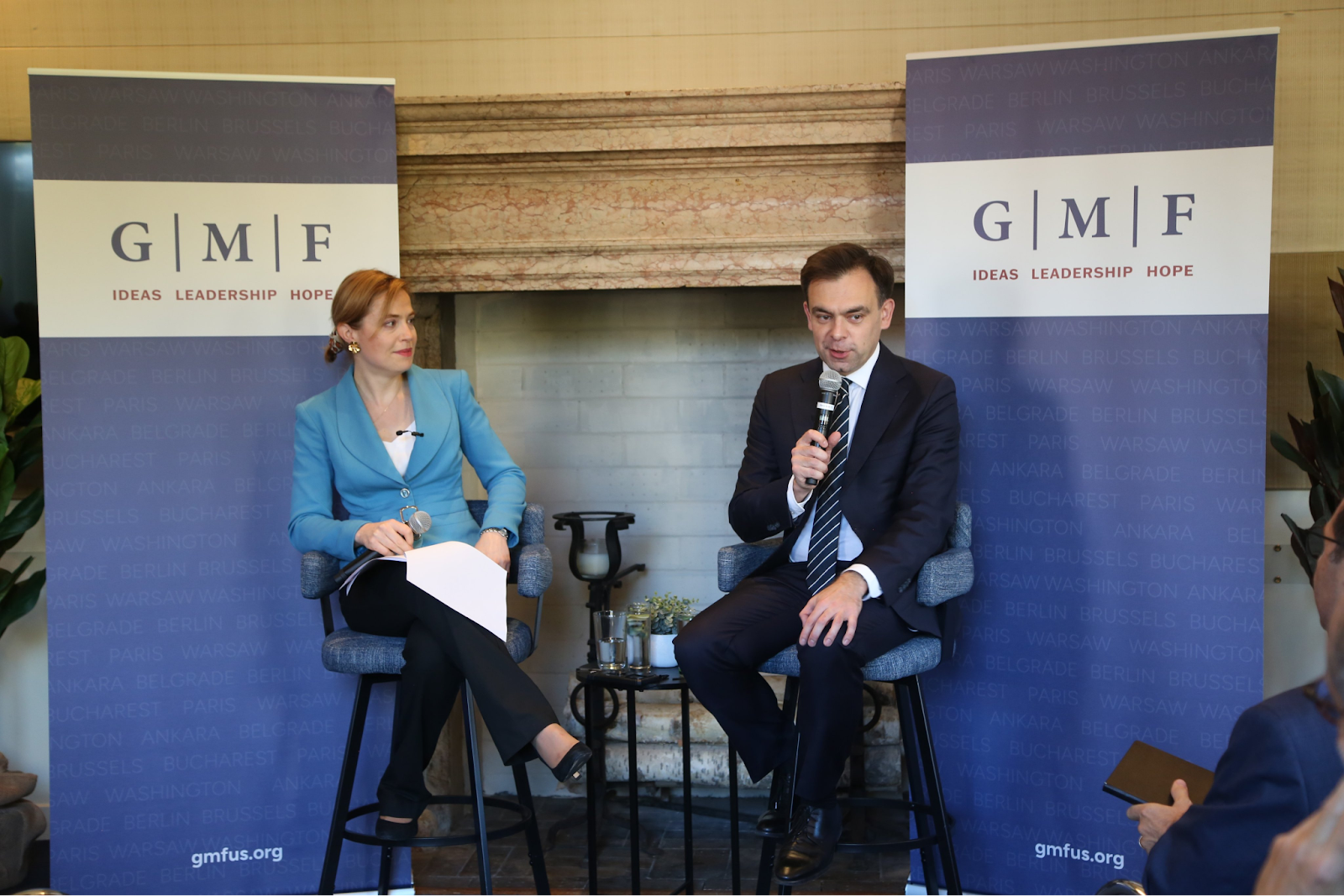Eighty years ago the future of European and American security was uncertain, as the world was in the midst of World War II. With fighting ongoing, a historic meeting took place at the Bretton Woods Hotel - now the Omni Mount Washington Resort - in the White Mountains, where delegates from 44 nations converged to begin to rebuild. The goal of these meetings was to create a new international monetary system that would prevent future conflict and foster global prosperity. The Bretton Woods Conference resulted in the establishment of two major institutions that continue to influence the world today: the International Monetary Fund (IMF) and World Bank.
A significant achievement of the conference was the establishment of the Bretton Woods system, where currencies were linked to the US dollar, while the dollar itself was tied to gold at $35 an ounce. The system provided stability to the post-war global economy, laying the groundwork for today’s global financial system. Although the gold standard has evolved and the global economy faces new challenges, the IMF and World Bank continue to play an important role by overseeing global financial stability, helping developing nations grow, and responding to crises that emerge around the world.

(Source: https://mediacenter.imf.org/news/imfc-meeting/s/09e49407-5028-41e0-b70e-74f7e3cc510c)
The importance of these two organizations was underscored two weeks ago during the annual meetings of the IMF and World Bank in Washington, D.C. At these meetings global financial leaders discussed major global challenges: ongoing conflicts in Ukraine, Gaza, and Lebanon as well as the alarming rise of public debt, which is set to exceed $100 trillion for the first time in history. A key outcome of the meetings was a surcharges review by the IMF, aimed at lowering borrowing costs for member countries by $1.6 billion per year. While the global nature of these organizations may seem less relevant to daily life, their work has a direct impact on the global financial system - and in turn, affects the economy here in New Hampshire.
As a student at American University in Washington, D.C. I had the opportunity to attend an event hosted by the German Marshall Fund, where I heard directly from Poland’s Finance Minister, Andrzej Domański. As the fastest-growing economy in Europe, I heard about Poland’s plans for leveraging this rapid growth while prioritizing defense spending as Russia continues its invasion to Poland’s east in Ukraine. Poland has been an active member of both the IMF and World Bank, using funds to respond to the 2008 Financial Crisis while investing in better air quality and energy efficiency. Hearing about Poland’s economic success was a valuable reminder that America’s partners around the world benefit from the international system that New Hamphsire helped develop.

(Source: German Marshall Fund via X)
New Hampshire is the proud birthplace of both the IMF and World Bank that continue to have a major impact on development and the global financial system. Eighty years after the Bretton Woods Conference, these organizations continue to reflect New Hampshire’s historic role in shaping the modern world. As people around the world continue to become more interconnected, it is clear that decisions made at the World Bank and IMF will continue to resonate here in New Hampshire. By staying informed, we can better understand how the global financial system impacts our local economy, businesses, and everyday lives.
By: Lucas Gendron, WACNH Intern
